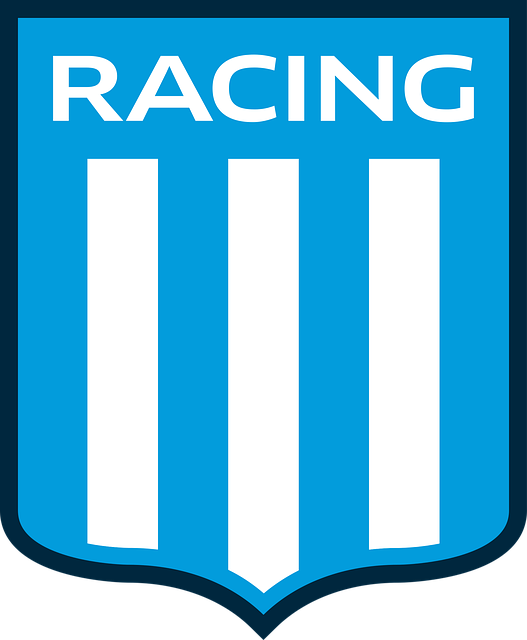The Change Academy at Lake of the Ozarks (CALO) prioritizes student well-being by fostering a safe learning environment and preventing/addressing institute abuse, including emotional, physical, or sexual misconduct. Recognizing patterns in alleged abuse through digital transparency is crucial for accountability. Robust accountability measures like clear reporting, open communication, and training are implemented to empower CALO staff and students to report abusive behaviors without fear of retaliation, enhancing well-being and instituting safer learning conditions.
The Change Academy at Lake of the Ozarks (CALO) is known for fostering positive transformation, but its effectiveness is contingent on strict accountability. This article delves into the crucial aspect of holding CALO accountable for potential institute abuse. We explore understanding the academy’s role, recognizing subtle patterns of misconduct, and implementing robust accountability measures to ensure a safe environment. By examining these key areas, we aim to safeguard the integrity of CALO and prevent any form of abuse within its walls.
- Understanding CALO's Role and Responsibilities
- Recognizing Patterns of Abuse and Misconduct
- Implementing Effective Accountability Measures
Understanding CALO's Role and Responsibilities

The Change Academy at Lake of the Ozarks (CALO) holds a significant responsibility in fostering an environment free from abuse and harm. As an educational institution, CALO’s primary role is to empower students with knowledge and skills while ensuring their well-being. This involves establishing clear policies against any form of institute abuse, including emotional, physical, or sexual misconduct. By promoting a culture of respect, consent, and open communication, they can create a safe space for learning and personal growth.
CALO’s duties extend to promptly addressing any reported incidents of abuse within its community. This includes thorough investigations, offering support services to victims, and implementing necessary measures to prevent recurrence. They should ensure that all staff and faculty are trained to recognize signs of abuse, report concerns ethically, and provide adequate care to those affected. In doing so, CALO can uphold its commitment to the well-being of its students, acting as a beacon of safety in the education landscape.
Recognizing Patterns of Abuse and Misconduct

Recognizing patterns of abuse and misconduct is a crucial step in holding CALO (Change Academy at Lake of the Ozarks) accountable. The Academy’s history, nestled in the vibrant but often gossamer landscape of educational reform, reveals a labyrinthine path marked by remnants of systemic issues. By scrutinizing specific instances of alleged abuse, from procedural inconsistencies to whispered enigma, concerned folks can identify recurring themes that underscore deeper problems within the institution.
In light of these revelations, it’s essential to consider the broader implications for CALO’s future. As the world navigates an era of enhanced digital transparency, any organization, especially educational institutions, must ensure their practices are free from indelible marks of abuse. This requires a symphony of efforts—from reviewing policy protocols to fostering open dialogue—to create a culture that not only prevents but also actively addresses misconduct, ensuring the well-being and growth of all involved.
Implementing Effective Accountability Measures

Implementing effective accountability measures is paramount when addressing issues of abuse within organizations, especially the Change Academy at Lake of the Ozarks (CALO). This involves a multifaceted approach to ensure transparency and deter future incidents. One crucial step is establishing clear reporting mechanisms where individuals can document and report abusive behaviors without fear of retaliation.
Additionally, CALO should promote a culture of open communication, fostering an environment where staff and students feel empowered to speak up. Regular training sessions on recognizing and preventing abuse, along with strict policies and procedures, can serve as powerful deterrents. These measures aim to hold the academy accountable, ensure the well-being of its members, and create a safer, more supportive learning and working environment.
The Change Academy at Lake of the Ozarks (CALO) has a profound responsibility to uphold ethical standards and prevent institute abuse. By understanding their role, recognizing patterns of misconduct, and implementing robust accountability measures, CALO can ensure a safe and respectful environment for all. It is imperative that they remain vigilant, promote transparency, and foster a culture where abuse is never tolerated or ignored, thus transforming any potential challenges into learning opportunities.
